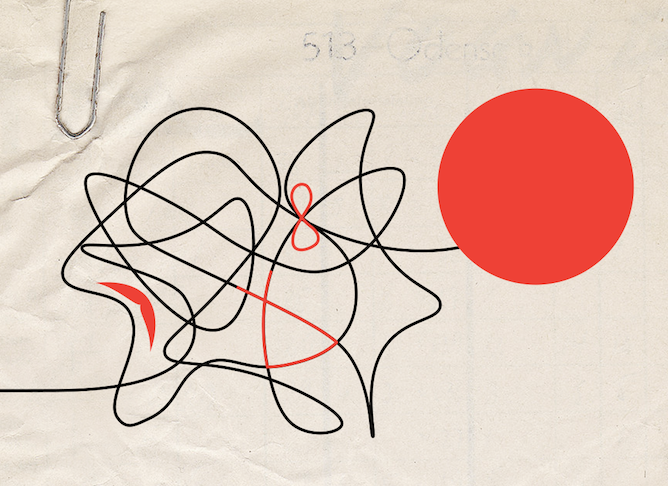"This issue shows how a conversation between the interdisciplinary fields of Native American studies and queer studies can generate more complex and nuanced understandings of the U.S. nation-state, of Native peoplehood, and of the roles culture plays in processes of political expression and identification. Recent bans on same-sex marriage within the Cherokee and Navajo nations suggest the importance of charting the relationship between discourses of sexuality and dominant ideologies of political legitimacy. Exploring how marriage, family, homemaking, kinship, personal identity, and everyday experience are linked to legal institutions and public policy, the contributors investigate the complex interweaving of histories of queerness and indigeneity. Challenging operative assumptions in these two fields by putting them into dialogue, the collection opens up new ways of approaching the matrix of settlement, sexuality, and sovereignty. One essay cross-examines the heterosexism of the Cherokee government's outlawing of same-sex marriage by revisiting that culture's traditional embrace of variation. Another essay theorizes the politics of visibility surrounding Native writers whose work takes a queer turn but who do not publicly contest the presumption of their straightness. Several essays address the possibilities and limits of queer theoretical frameworks in conceptualizing the legacies of settler colonialism. The final essay traces the history of gendercide in Native California and argues for the recovery of traditional notions of two-spirit identity within contemporary projects of decolonization."--Pub. desc.
